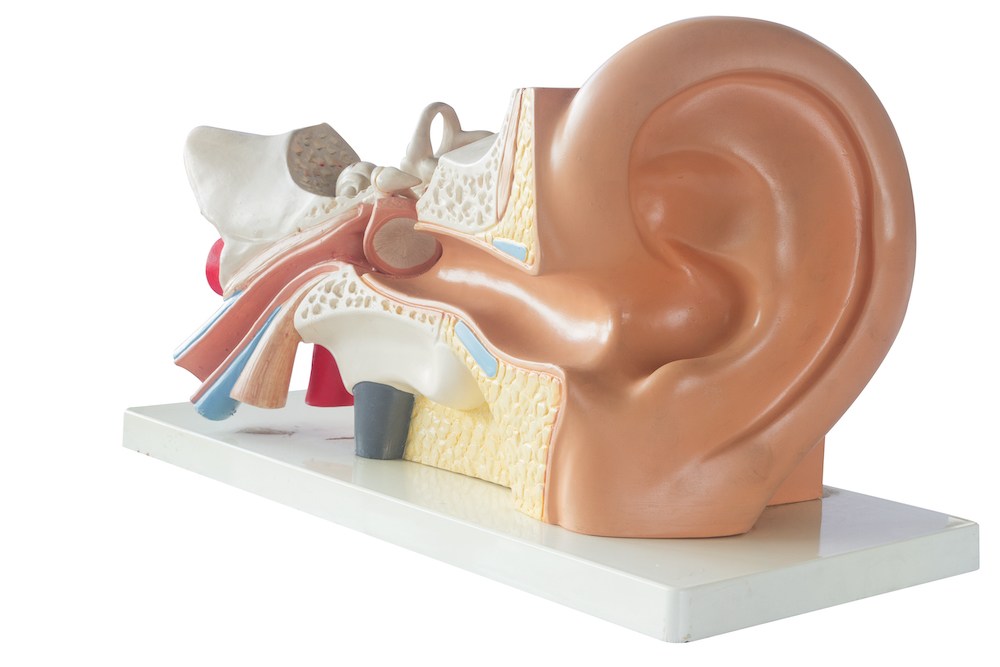3 Questions to Ask Your HIS About Hearing Protections
There are so many things to ask your hearing instrument specialist when it


There are so many things to ask your hearing instrument specialist when it

Individuals tend to think of tinnitus as being solely connected to loud

Are you trying to find the proper ear protection for your work environment